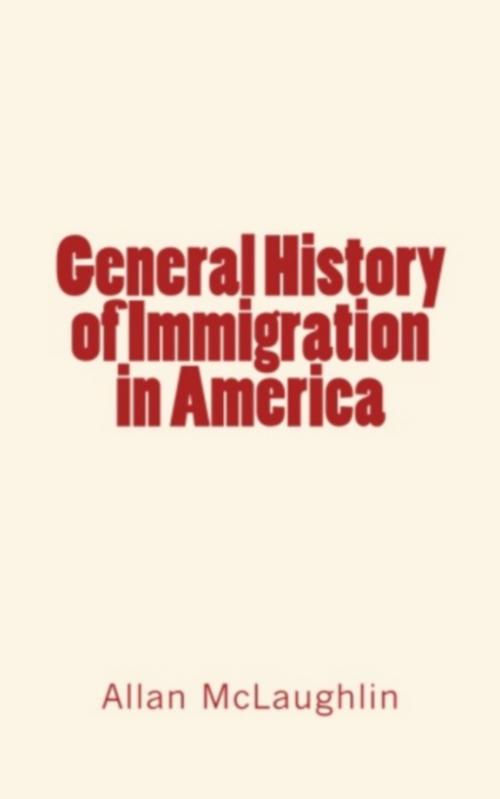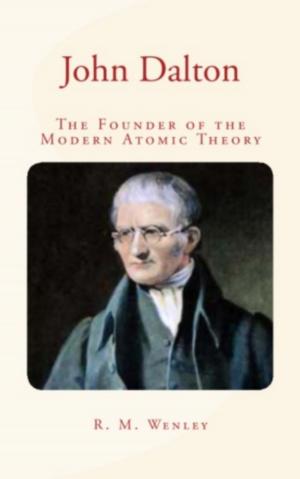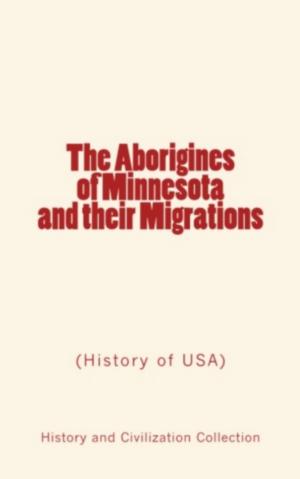| Author: | Allan Mclaughlin, Allan Mclaughlin | ISBN: | 9782366592146 |
| Publisher: | Editions Le Mono | Publication: | June 14, 2016 |
| Imprint: | Editions Le Mono | Language: | English |
| Author: | Allan Mclaughlin, Allan Mclaughlin |
| ISBN: | 9782366592146 |
| Publisher: | Editions Le Mono |
| Publication: | June 14, 2016 |
| Imprint: | Editions Le Mono |
| Language: | English |
After the Peace of Paris in 1783, and the birth of a new nation on the American continent, home-seekers arriving at ports of the United States were called immigrants. Previous to the revolutionary war they were known as colonists. The distinction is one of political allegiance. The colonist was an immigrant who desired to make a home in the new country, but to retain his allegiance to his native land. On the other hand, the immigrant, in a majority of instances, expected and desired to change his political allegiance.
The many advantages offered to the home-seeker who was brave, willing and strong, in the new United States, attracted many thousand immigrants, and it is estimated that one hundred and fifty thousand settled in the country between 1783 and 1810. These early immigrants were mostly from the British Isles, with a few Germans, French and Scandinavians. The strained relations with England followed by the war of 1812, practically stopped immigration for several years. During 1817, however, twenty thousand immigrants arrived in the United States. This number was unprecedented at that time, and caused considerable criticism of the overcrowding of immigrant ships...
After the Peace of Paris in 1783, and the birth of a new nation on the American continent, home-seekers arriving at ports of the United States were called immigrants. Previous to the revolutionary war they were known as colonists. The distinction is one of political allegiance. The colonist was an immigrant who desired to make a home in the new country, but to retain his allegiance to his native land. On the other hand, the immigrant, in a majority of instances, expected and desired to change his political allegiance.
The many advantages offered to the home-seeker who was brave, willing and strong, in the new United States, attracted many thousand immigrants, and it is estimated that one hundred and fifty thousand settled in the country between 1783 and 1810. These early immigrants were mostly from the British Isles, with a few Germans, French and Scandinavians. The strained relations with England followed by the war of 1812, practically stopped immigration for several years. During 1817, however, twenty thousand immigrants arrived in the United States. This number was unprecedented at that time, and caused considerable criticism of the overcrowding of immigrant ships...















